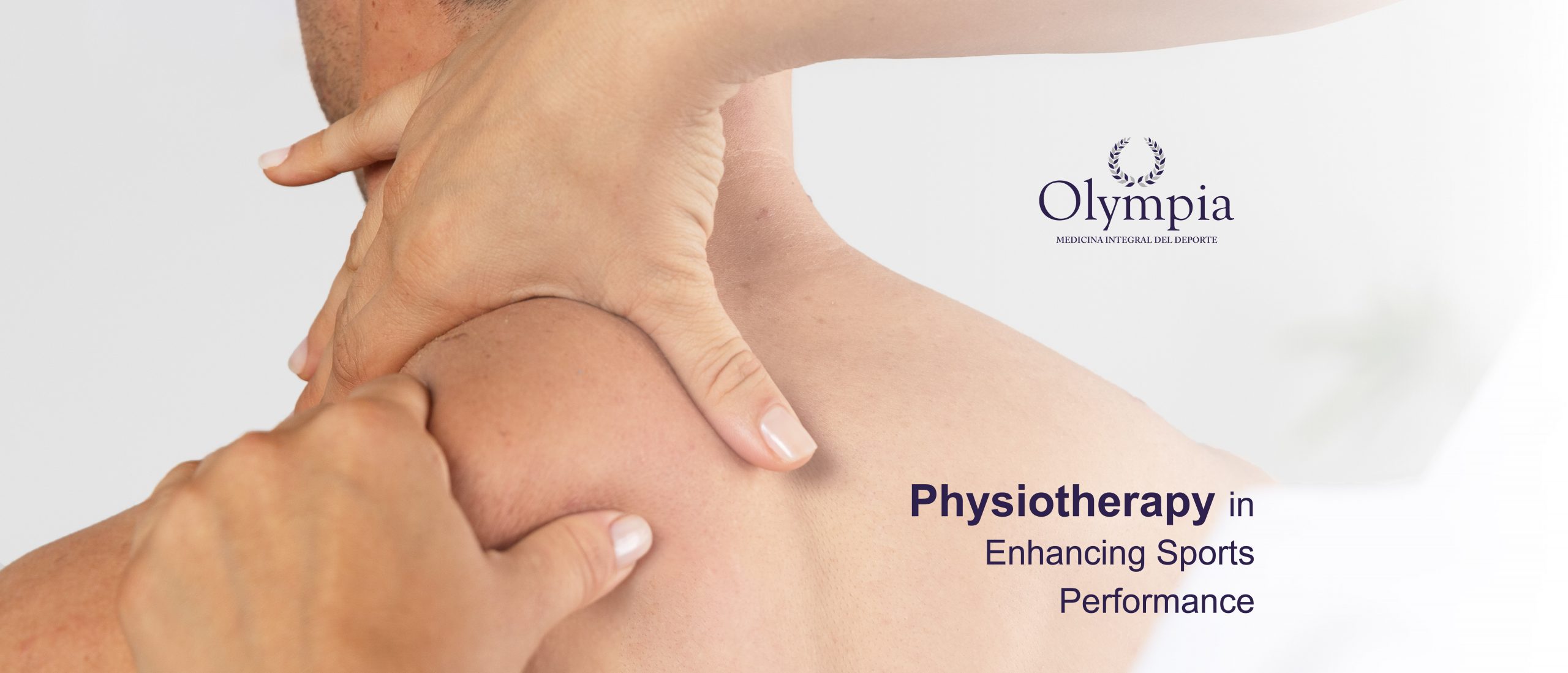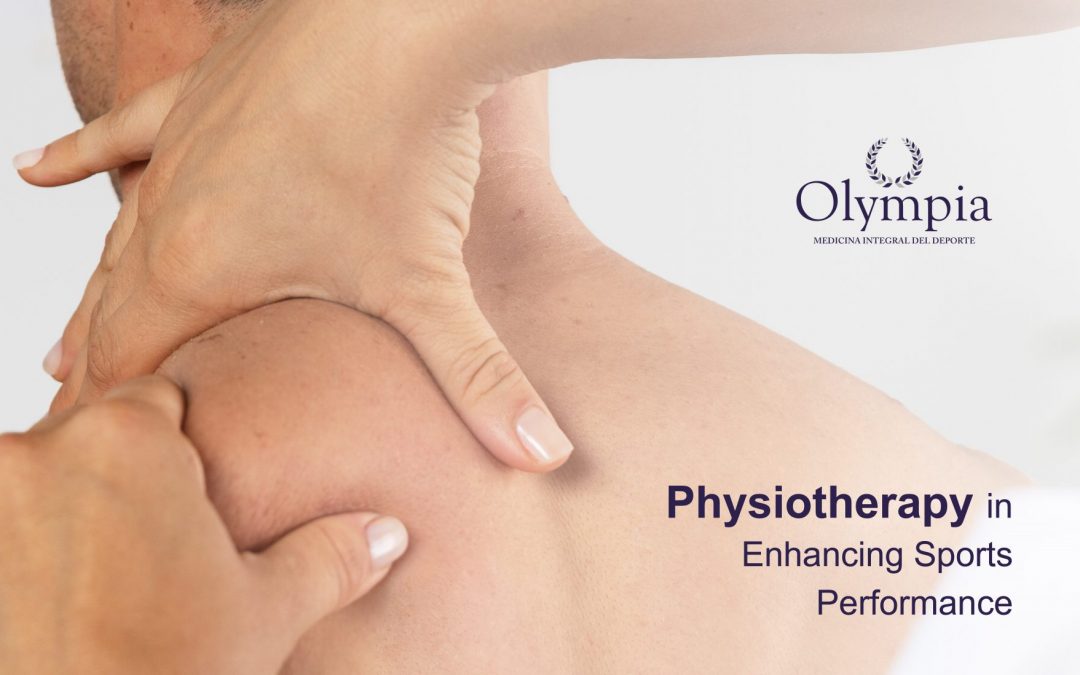
Athletes are always looking to maintain or improve their physical performance, especially in the competitive scene. Although the most important pillars are continuous training, proper nutrition and mental preparation, the importance of physiotherapy cannot be overlooked, which helps prevent injuries, promotes better physical function, and facilitates the recovery process.
The way that physical therapy helps improve athletic performance is dynamic and diverse. One of the main focuses of physical therapy is injury prevention.
They identify areas of weakness or imbalance in an athlete’s musculoskeletal system and use techniques to assess and improve strength and flexibility, reducing the risk of injury during training and competitions.
However, if an injury already exists, rehabilitation is crucial for athletes to return to peak performance levels. Physical therapy also plays a critical role in the rehabilitation process by designing personalized programs that focus on restoring mobility, strength, and proprioception. By gradually performing the physical activities they ensure a safe and effective recovery, minimizing the risk of a new injury.
Physiotherapy also contributes to sports performance by implementing specific exercises and training regimens that increase muscular strength, power, agility, balance, and endurance, all of which are essential for athletes.
Physical therapy plays an important role in optimizing sports performance. Through injury prevention strategies, timely rehabilitation, personalized training, and biomechanical analysis, they help athletes increase their potential and performance. Whether you are a professional athlete or a person who likes to play sports, physiotherapy in training programs is essential and can generate significant benefits, promoting better performance and general well-being in people.

